KKHSOU | 2018 | Education | Question Paper | M.A 1st Sem |
In this title You will get to know about :
- Education Question Paper 2018 KKHSOU M.A 1st Sem.
Education Question Paper 2018 KKHSOU M.A 1st Sem.
[ 18-HRGPKAC – M1S ]
M.A 1st Semester Exam. 2018
EDUCATION
[ MED-01 ]
( Philosophical Foundation of Education )
Full Marks : 80
Time : 3 hours
The figures in the margin indicate full marks for the questions
1. Answer any five from the following questions ( each within 50 words) : 2 x 5 = 10
(a) State the meaning of Axiology.
(b) What are the three Pramana’s in the Sankhya School of Indian Philosophy ?
(c) List out the five indicators of Kashaya’s in Jain Philosophy.
(d) Mention any two basic facts or principles of idealism.
(e) List out the believes oh humanistic realism.
(f) What types of languages were advocated by Swami Vivekananda to be included in the curriculum.
2. Answer any three from the following questions (each within 150 words) : 4 x 3 =12
(a) Mention some basic characteristics of philosophy.
(b) Identify the salient features of Sankhya Philosophy.
(c) State some basic characteristics of Vedanta Philosophy.
(d) Write briefly Gandhiji’s views on women’s education.
3. Answer any three from the following questions (each within 250 words) : 6 x 3 = 18
(a) Explain how philosophy and science are interrelated.
(b) Discuss the aims of education according to idealism.
(c) Elaborate the common features of Islamic Philosophy.
(d) Describe the educational philosophy of Sankhya, Vedanta and Nyaya school of Indian Philosophy.
4. Answer any four from the following questions. ( each within 500 words) : 10 x 4 = 40
(a) Describe the functions of educational philosophy.
(b) Discuss the educational aims of Asta Marg advocated in Buddhism.
(c) What are the values of Marxism ? Explain its educational implications. 4+6=10
(d) What is the modern concept of basic education ? Enumerated the causes of the failure of basic education in India. 3+7 =10
(e) What is pragmatism ? Explain different aspects of pragmatism. 2+8=10
xxxxxxxx
[ 18-HRGPKAC – M1S ]
M.A 1st Semester Exam. 2018
EDUCATION
[ MED-02 ]
( Psychological Foundation of Education )
Full Marks : 80
Time : 3 hours
The figures in the margin indicate full marks for the questions
1. Answer any five from the following questions ( each within 50 words) : 2 x 5 =10
(a) Define educational psychology.
(b) List out the four elements of the conditioning process.
(c) State the meaning of expressed interest.
(d) Mention the elements of thinking process as stated by Woodworth.
(e) Define social intelligence.
(f) What are the steps of concreate development.
2. Answer any three from the following questions (each within 150 words) : 4 x 3 =12
(a) Explain the principles of classical conditioning.
(b) Give some suggestive measures for arousing interest for learning in a child.
(c) Discuss the process of concept formation.
(d) Draw out the relationship between intelligence and creativity.
3. Answer any three from the following questions (each within 250 words) : 6 x 3 = 18
(a) Explain in details Thorndike’s law of learning.
(b) What is motivation ? Explain the factors affecting motivation in the teaching-learning situations.
(c) Give a brief description of the different dimensions of creative performance measurement.
(d) Highlight the important properties of traits.
4. Answer any four from the following questions. ( each within 500 words) : 10 x 4 = 40
(a) What is observation ? Mention its different types. Highlight its point of limitations with suggestions for improvement of the method. 1+2+3+4=10
(b) Mention the experiments Pavlov in the field of conditioned response.
(c) Explain in detail the phases of problem-solving. Discuss the role of teacher in problem-solving. 4+6=10
(d) Critically explain the history and development of intelligence tests in India.
(e) Define metal hygiene. Discuss the role of school in promoting mental health of children. 2+8=10
xxxxxxxx
Archives
[ 18-HRGPKAC – M1S ]
M.A 1st Semester Exam. 2018
EDUCATION
[ MED-03 ]
( Sociological Foundation of Education )
Full Marks : 80
Time : 3 hours
The figures in the margin indicate full marks for the questions
1. Answer any five from the following questions ( each within 50 words) : 2 x 5 = 10
(a) State the difference between educational sociology and sociology of education.
(b) What is meant by social facts.
(c) Give two examples (each) of Voluntary group and Involuntary group.
(d) State the meaning of crowed.
(e) Mention the Varnas recognised by Hinduism.
(f) Define culture.
2. Answer any three from the following questions (each within 150 words) : 4 x 3 =12
(a) Describe the significance of social interaction in a child’s education.
(b) Briefly discuss the different stages of socialization.
(c) Describe the characteristics of social stratification.
(d) Briefly discuss the relationship between society and culture.
3. Answer any three from the following questions (each within 250 words) : 6 x 3 = 18
(a) Discuss the Durkheimian analogy of suicide.
(b) Explain the functions of a school as an agent of socialization.
(c) Define social mobility. Explain the different types of social mobility. 2+4=6
(d) Discuss the relationship between education and culture.
4. Answer any four from the following questions. ( each within 500 words) : 10 x 4 = 40
(a) Explain the characteristics of and the factors influencing social disorganization. 5+5=10
(b) Write the meaning of school. Discuss the factors responsible for considering school as a centre of community life. 2+8=10
(c) Critically compare the functionalist and Marxist theory of social stratification. 10
(d) Explain the elements of culture. Discuss the features of Indian traditional culture. 5+5=10
(e) Discuss the significance and scope of educational sociology.
xxxxxxxx
[ 18-HRGPKAC – M1S ]
M.A 1st Semester Exam. 2018
EDUCATION
[ MED-04 ]
( Methods and Techniques of Teaching and Teaching Practical)
Full Marks : 50
Time : 2 hours
The figures in the margin indicate full marks for the questions
1. Answer any three from the following questions ( each within 50 words) : 2 x 3 =6
(a) Define instructional model.
(b) Differentiate between teaching and general objectives.
(c) Explain the lecture method of teaching.
(d) Highlight the importance of audio-visual aids in the teaching-learning process.
2. Answer any three from the following questions (each within 150 words) : 4 x 3 =12
(a) Explain the need and importance of educational objectives.
(b) Differentiate between teaching method and teaching strategy.
(c) Define teaching as given by Adams, and describe three characteristics of good teaching.
(d) Define ‘lesson plan’ as given by Bossing, and describe the need and importance of lesson plan.
3. Answer any two from the following questions (each within 250 words) : 6 x 2 = 12
(a) Explain the principles that should be followed when teaching English at school level.
(b) Explain team teaching. Mention its advantages and limitations.
(c) Differentiate the terms ‘measurement’ and ‘evaluation’. Discuss formative evaluation.
4. Answer any two from the following questions. ( each within 500 words) : 10 x 2 = 20
(a) Explain in details the steps to be followed in the design of a question paper of a unit test.
(b) Explain in detail Morrison’s approach to lesson planning.
(c) Give the meaning of the term Maxims of teaching. Explain briefly each of the Maxims of teaching.
xxxxxxxx
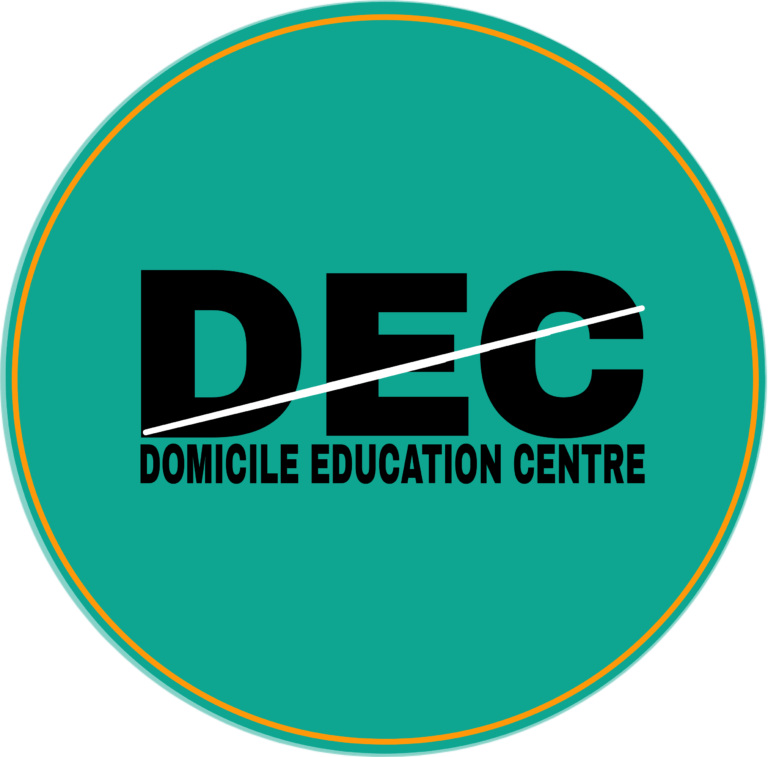
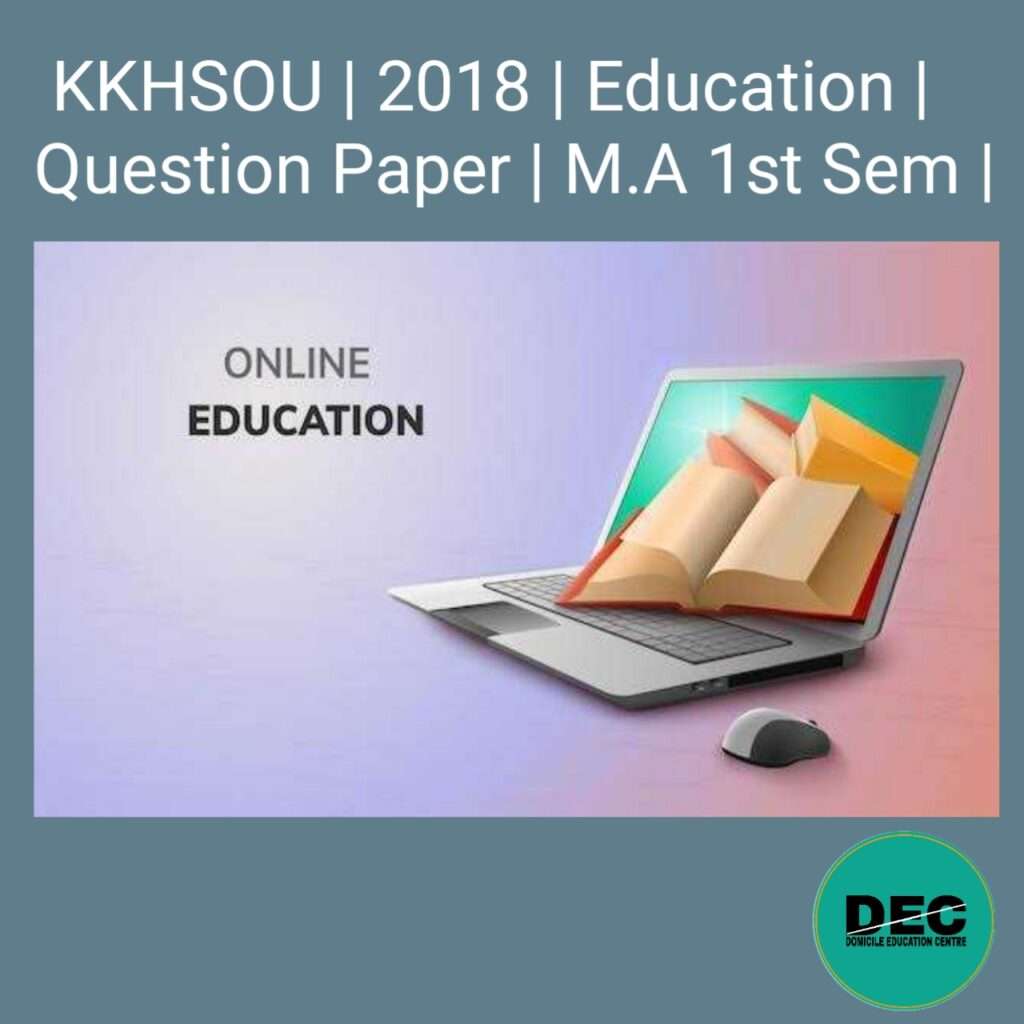
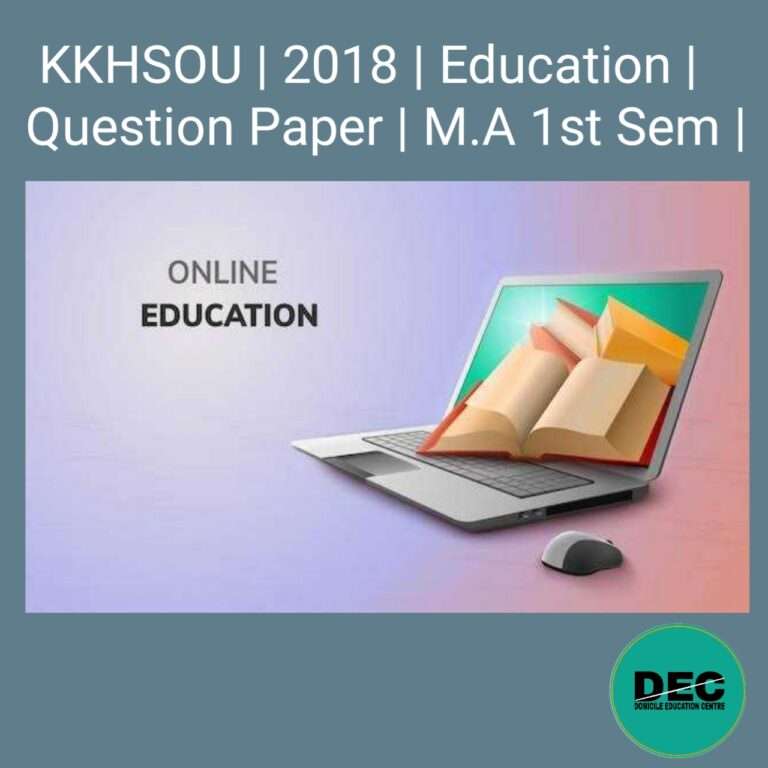
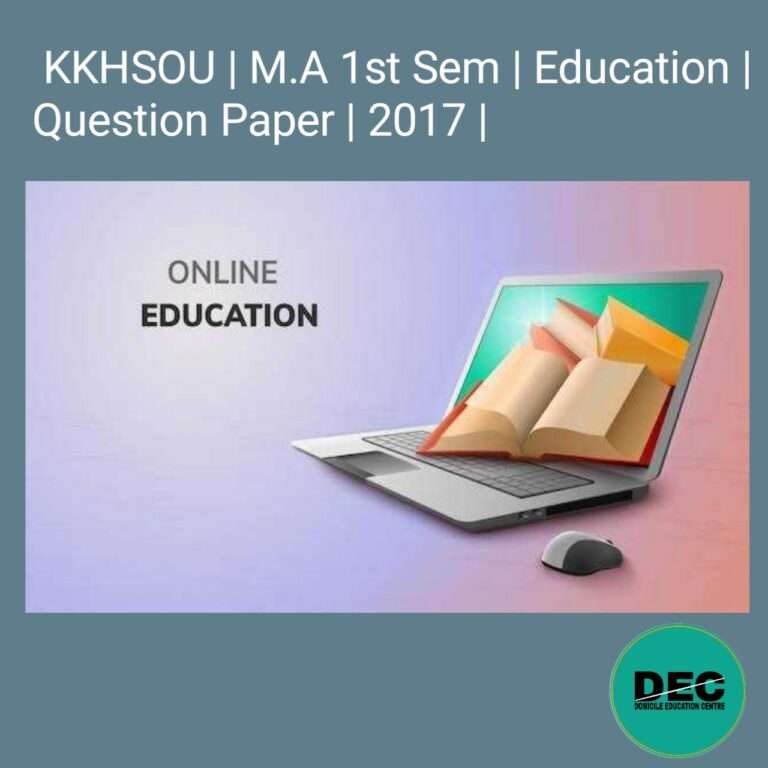
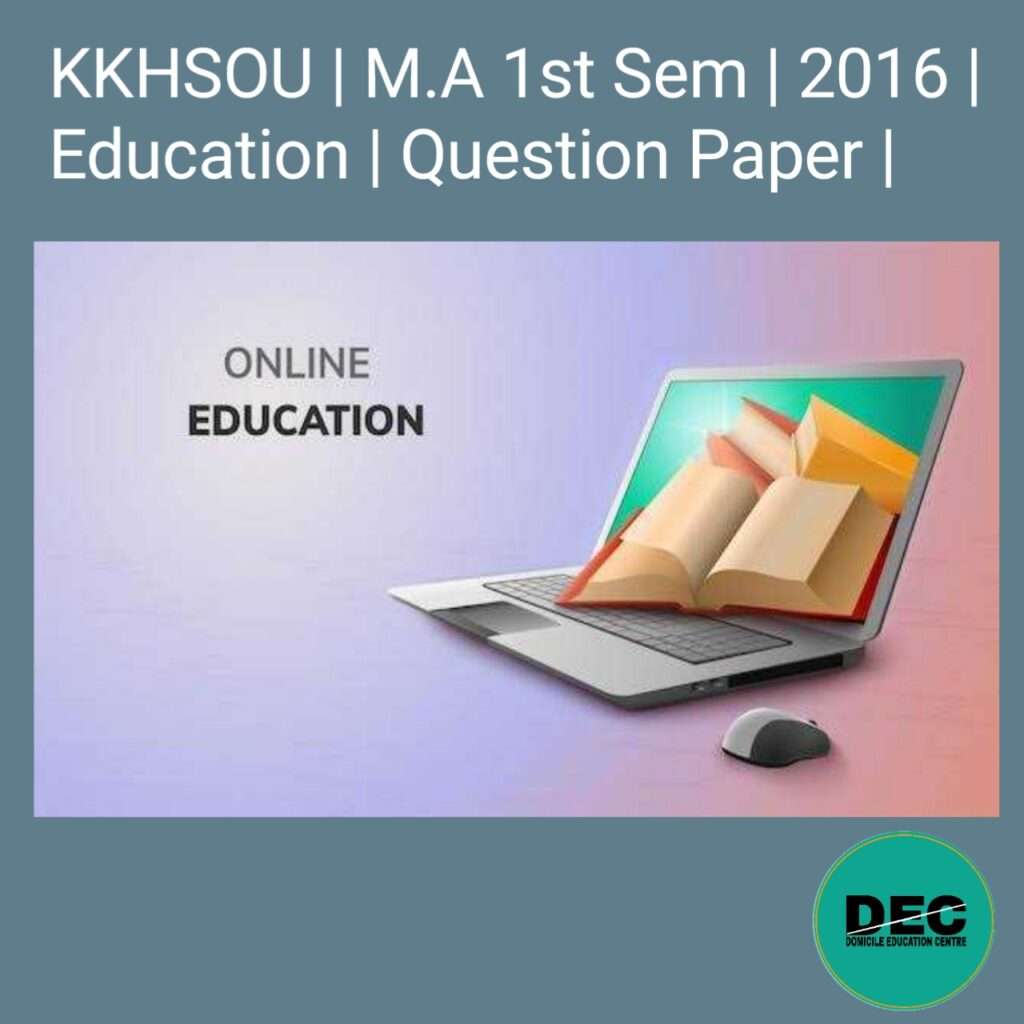
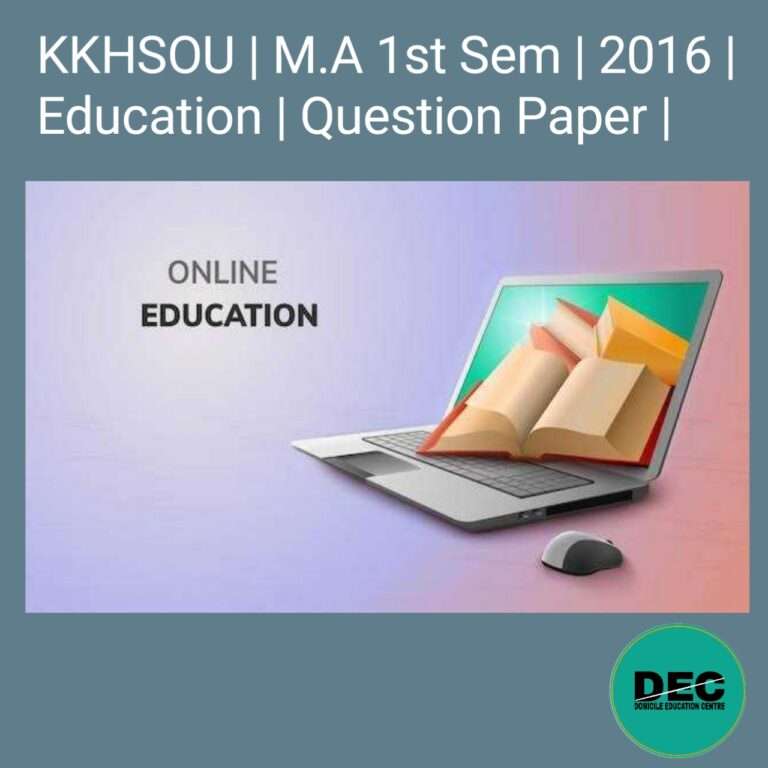
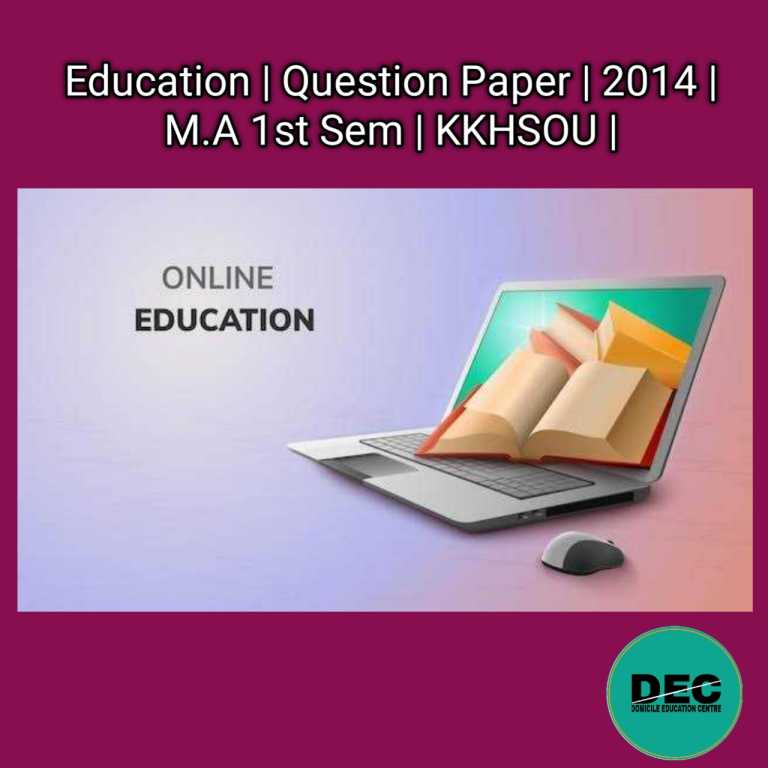
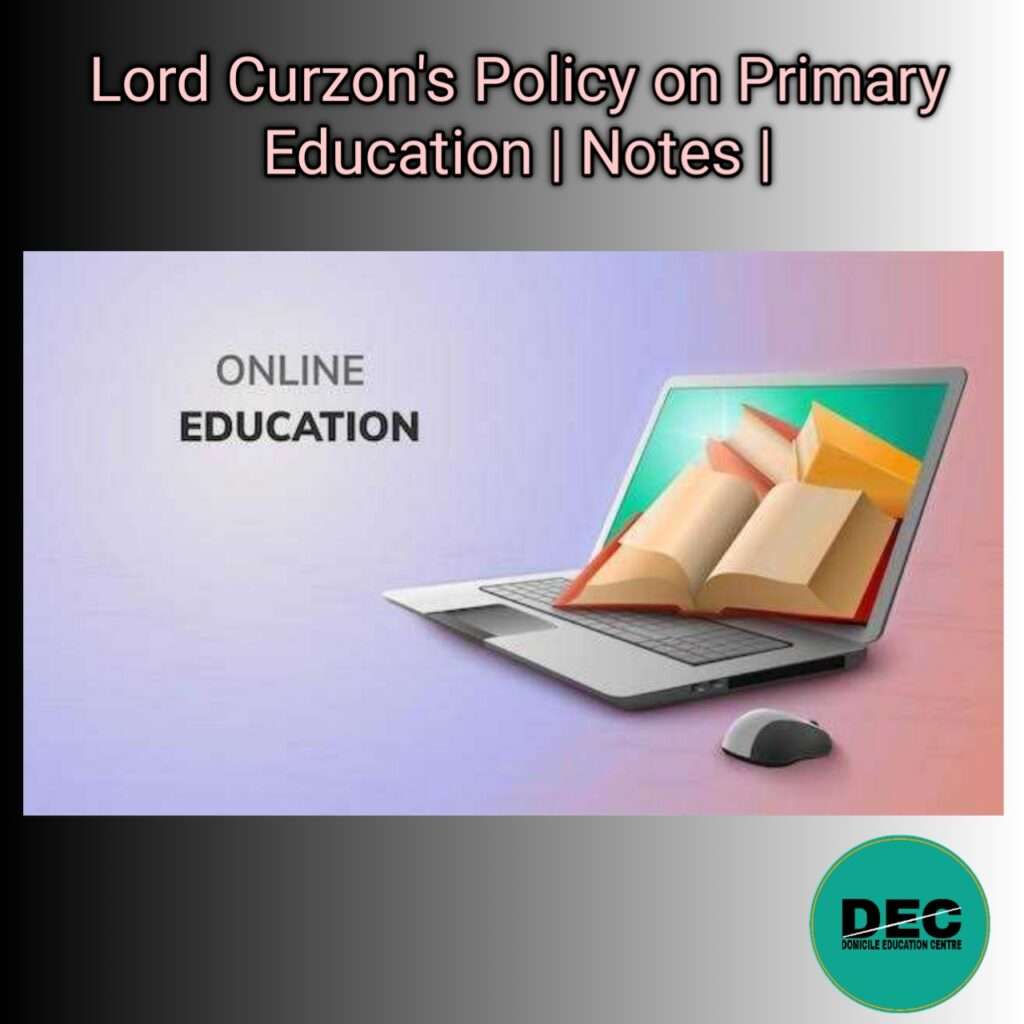
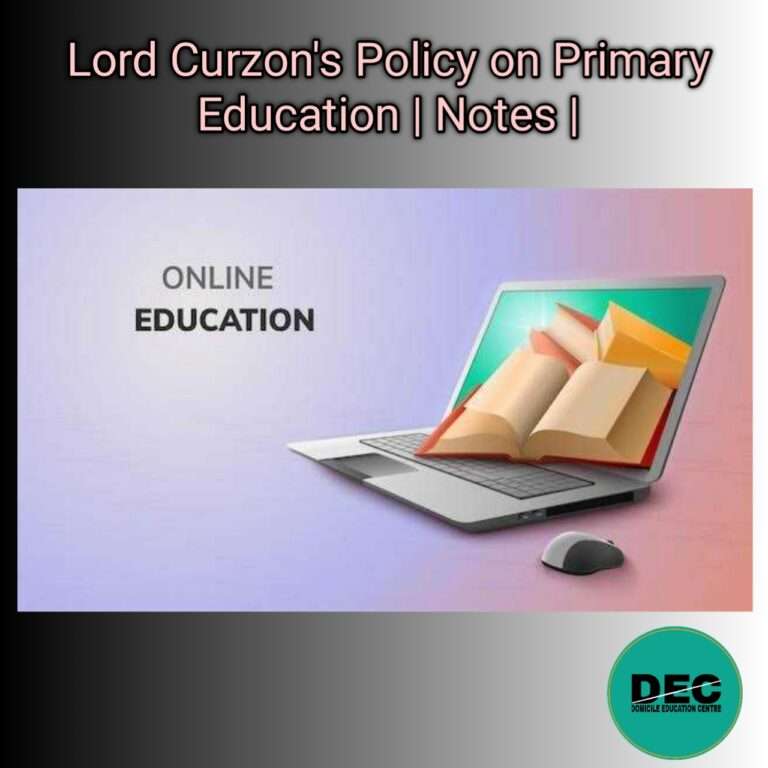
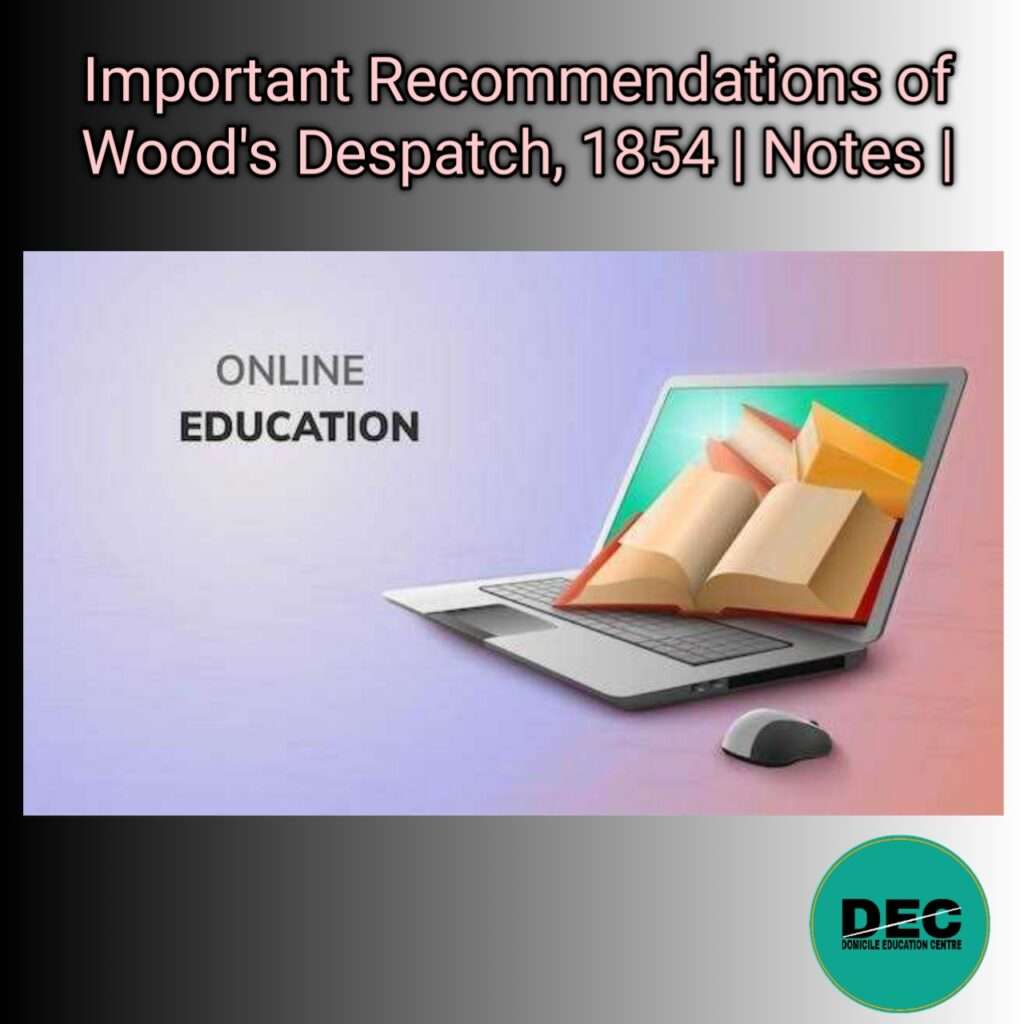
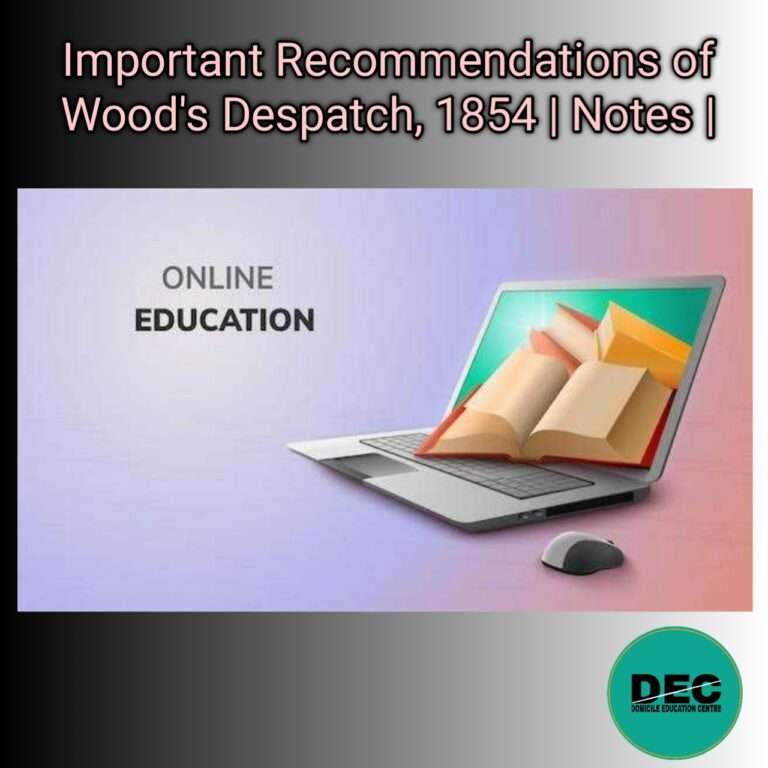


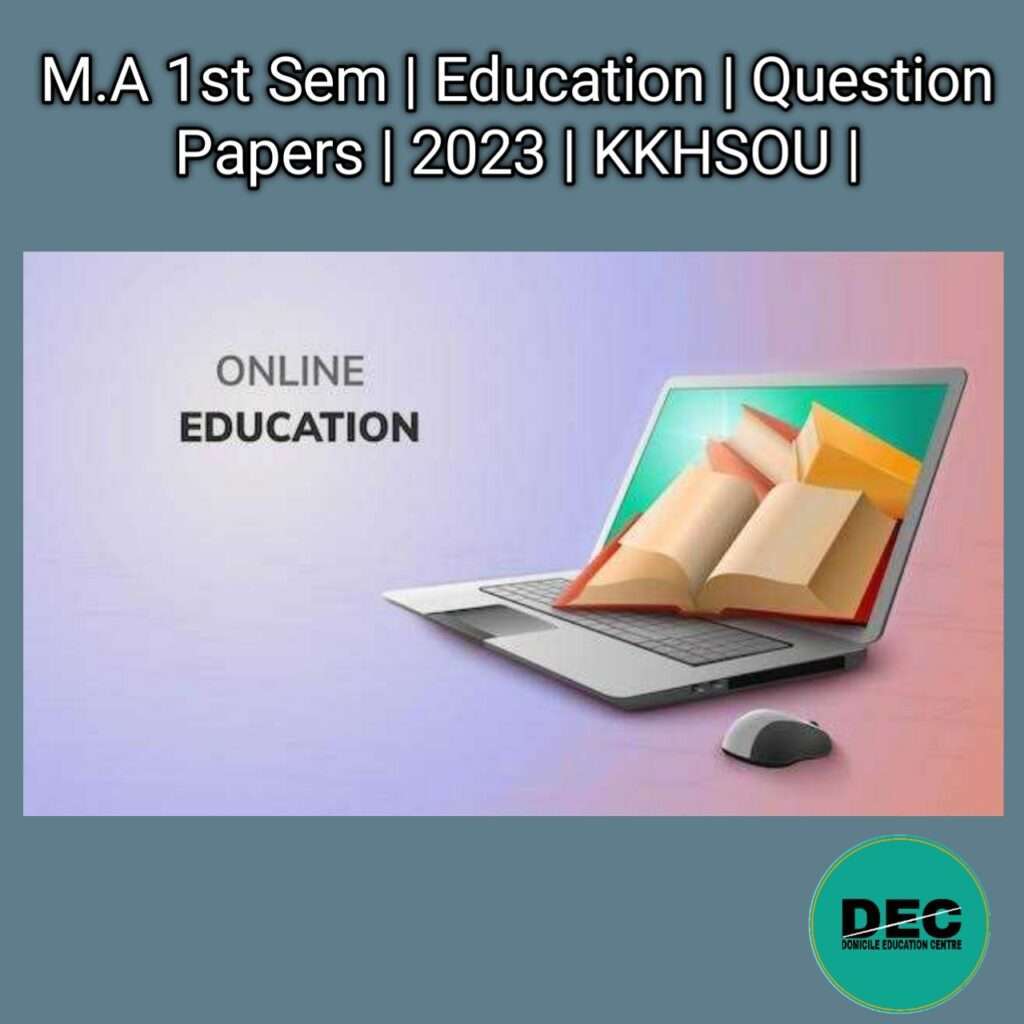
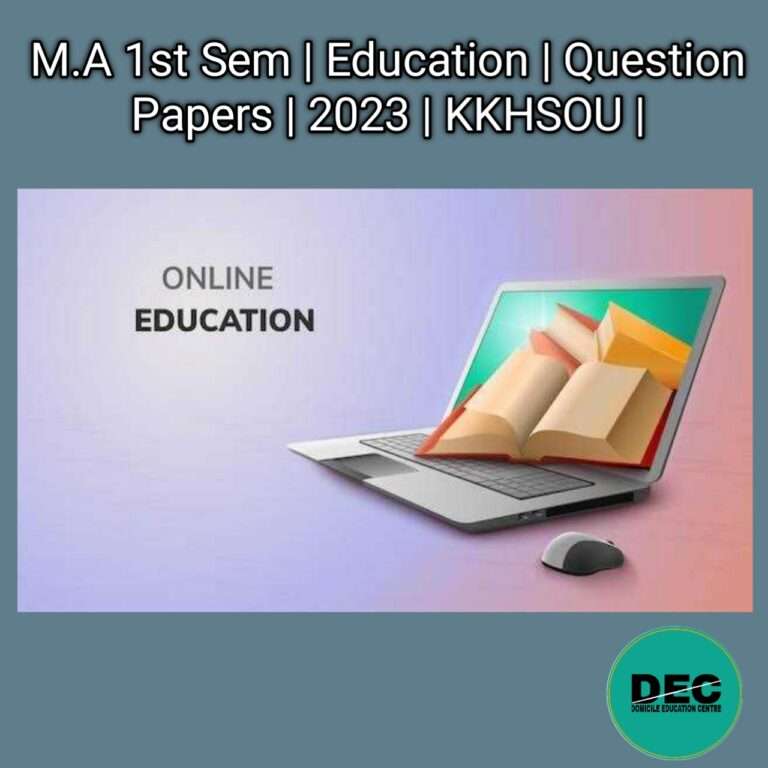
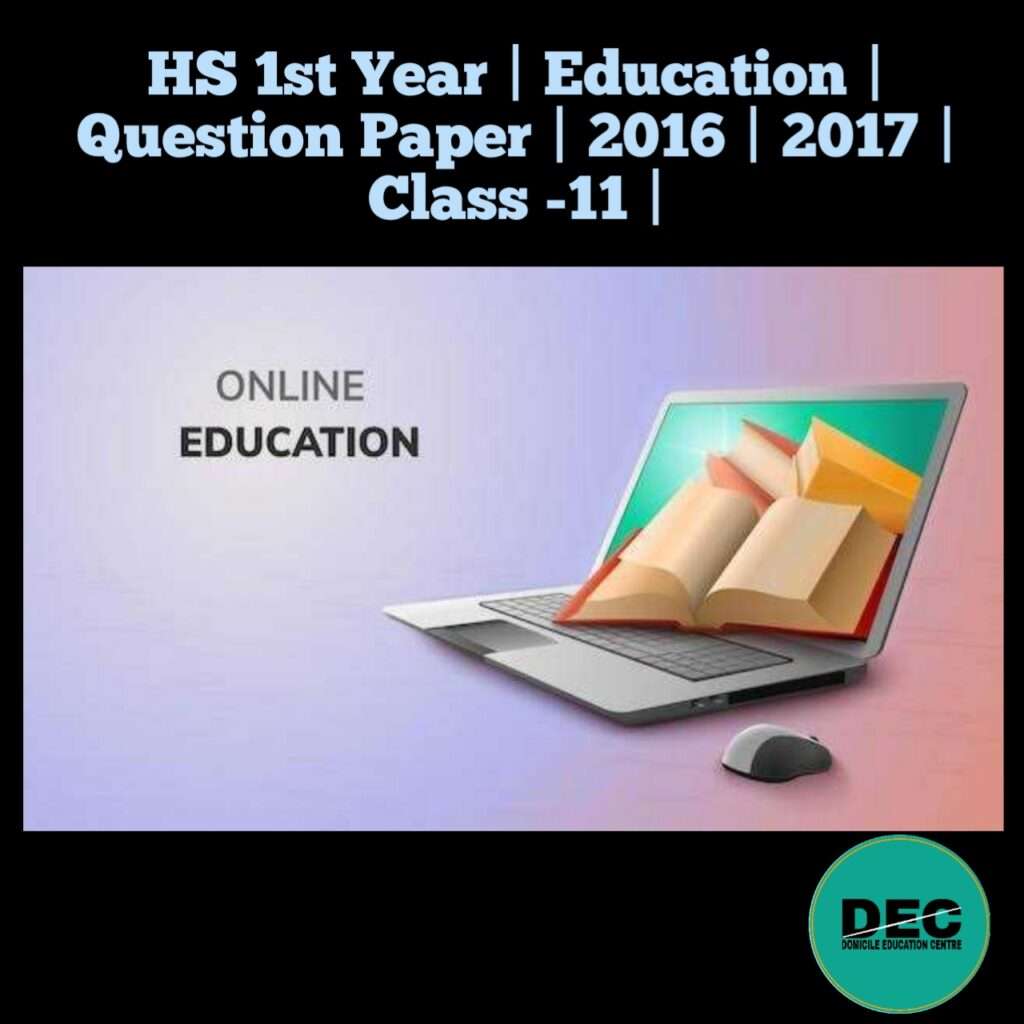
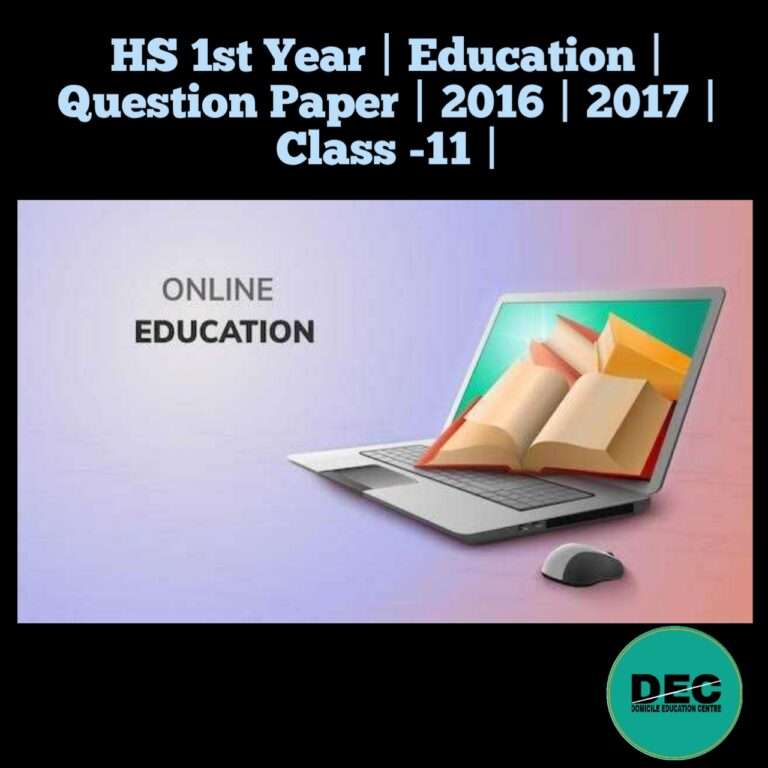
Recent Comments